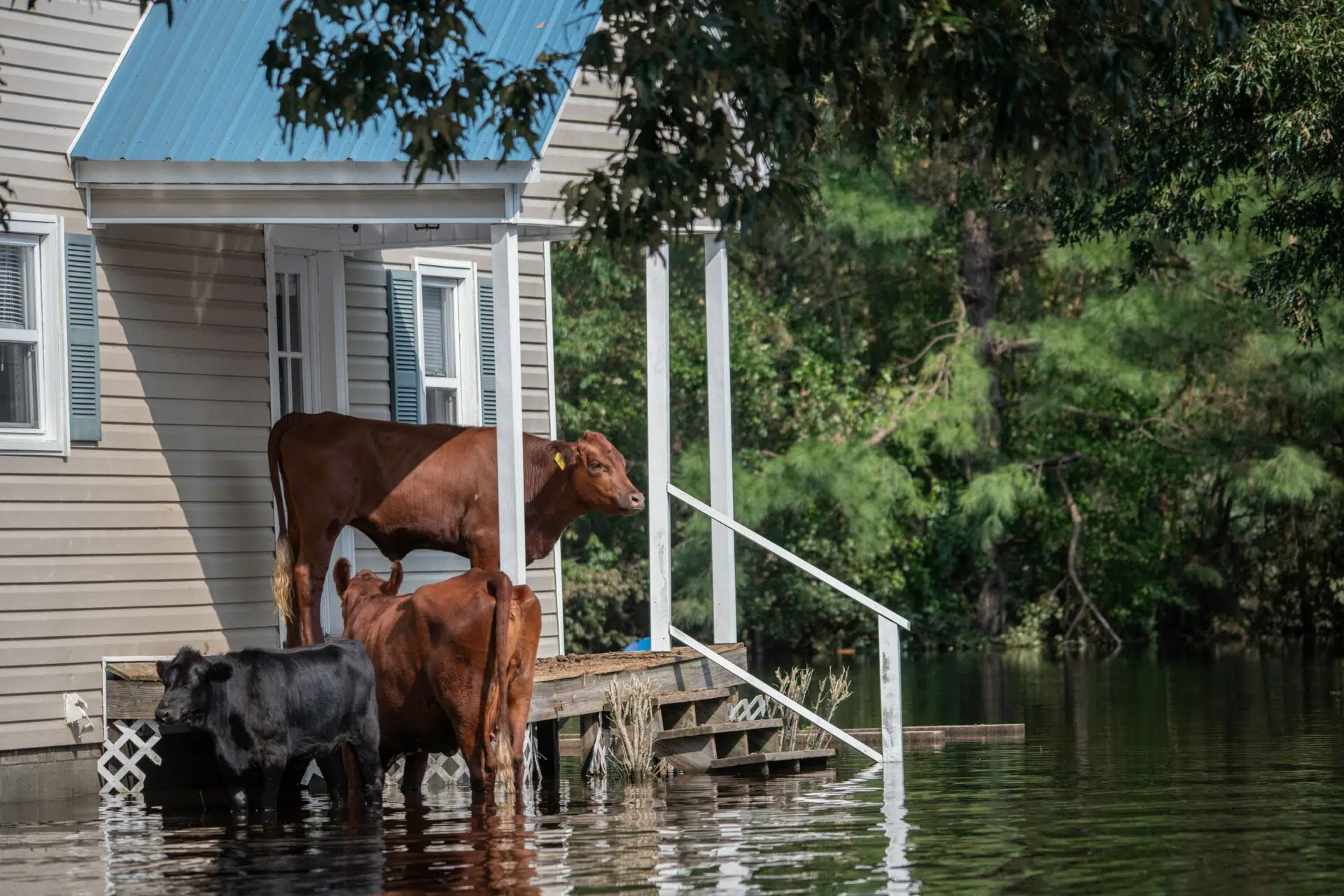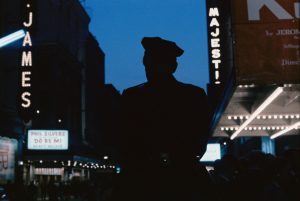PBS documentary follows local and federal efforts to compensate Black Americans
Harvey Mason Jr. hopes to transform the Recording Academy
The Grammys needed to change. Meet the man making it happen.

After coming under criticism for its lack of diversity, this year’s Grammy Awards is celebrating the culture with an all-star tribute honoring the 50th anniversary of hip-hop. Veteran rapper Slick Rick will be presented with one of the Recording Academy’s first special merit honors in three years. On the flip side, rapper Nicki Minaj earned a nod in a pop category; Drake, Silk Sonic and The Weeknd declined submissions; and the threat of another Beyoncé album of the year loss has raised some concerns about whether the music industry’s most recognizable honor cares about Black music.
Harvey Mason Jr. is working to change that narrative. The prolific songwriter and producer responsible for Beyoncé’s “Listen” and the Jordin Sparks/Chris Brown duet “No Air” has spent the last three years as the president and CEO of the Recording Academy, the parent organization of the Grammys and its charitable arm, MusiCares, to make the group diverse, reflective and relevant to the current music and creative climate. A five-time Grammy nominee himself, Mason, who was named interim president and CEO on Jan. 16, 2020, is the academy’s first Black leader in its 65-year history. He was appointed to the position outright on May 13, 2021.
But the last thing on Mason’s mind is making history. He’s more concerned about creating immediate action by implementing advocacy efforts and building stronger community partnerships. He hired the Recording Academy’s first chief diversity, equity and inclusion officer, Valeisha Butterfield Jones, in May 2020 before promoting the former Obama administration staffer as one of two co-presidents the following year.
“That was such an exciting hire for us and instrumental in how the Recording Academy will move forward,” Mason said. “She brought an energy, vibrance, intelligence and sensitivity to the role that was really special. It’s invaluable to how we are able to transform the academy.”
Mason and Butterfield Jones, who left in 2022 to join Google as its vice president of partnerships, worked together to ensure representation was present throughout the Recording Academy with measurable outcomes. They formed the Black Music Collective with several notable music professionals to ensure that the contributions of Black musicians and the next generation of professionals are recognized beyond genre-specific categories. The Recording Academy decided to eliminate its nomination review committees to broaden its membership across disciplines and musical styles.
The academy’s leadership also collaborated with Color of Change, a social justice organization, for a year to publish the first inclusion rider and tool kit for a music awards show. It was introduced during the 2022 ceremony to ensure equity and accessibility for both performers and production crews.
The Recording Academy added five categories and a best song for social change prize to its ceremony as part of the vision to diversify and mirror what’s happening in the music industry. The organization set a goal to have 2,500 new female voting members by 2025. So far, the academy has met 77% of that target with the 2022 class of new members.
“I’m excited about the direction,” Mason, 54, said, adding that the number of members who actively support rap and R&B has increased. “There’s still more to do and more work on our membership because that drives everything and determines where this organization goes. Without that, we won’t have the right results. If they don’t join, then we can’t change anything.
“These awards totally reflect the state of where music is,” Mason added. “We want to make sure we’re moving in a timely manner to honor and respect the industry and community properly. [For example], we should’ve been had songwriter of the year because songs are the basis and underpinning of our industry, and there’s incredible music for video games, so we gotta do that right.”
When the coronavirus pandemic shut the music industry down in March 2020, Mason spearheaded the Recording Academy and MusiCares’ COVID-19 Relief Fund, crowdfunding more than $30 million in aid from record labels, performance rights organizations, publishers, streaming companies, current members and performing artists to support more than 14,000 music industry professionals. It’s one of the things Mason is most proud of.
“It goes across the spectrum of people who supported this initiative, and thankfully we had the infrastructure set with MusiCares’ team to distribute the funds in a timely manner,” he said. “That money came in and went right back out to the people who really needed help.”
Everything Mason learned about appreciating the music community started at home. Growing up in Los Angeles, his passion stems from watching his father, drummer and producer Harvey Mason, collaborate with major artists such as Herbie Hancock and Quincy Jones in the studio while continuing to practice on the drums at home immediately following his sessions. That commitment and work ethic inspired the young man to begin writing songs. Mason landed his first placement with saxophonist Grover Washington Jr. before he turned 10 years old.
“Most kids don’t get to see their parents practice what they do for a profession, and that was an incredible example for my life,” Mason said. “The amount of effort that goes into something that you care about and want to succeed at changed my life and affected how I look at a lot of things. It really translated into so many other things: sports, relationships, business and even as a CEO.”
Mason was part of the University of Arizona men’s basketball team that advanced to the Final Four in 1988. A decade later, he connected with producer Rodney “Darkchild” Jerkins. For the next two years, Mason spent 14 to 15 hours a day in the studio next to songwriter and vocal producer LaShawn “Big Shiz” Daniels.
“It was an amazing time and life changing period,” he said. “We were in the middle of a crazy run, going from studio to studio just smashin’ stuff, and figuring out what we needed to do to get these artists to sing and sound the way we wanted them to. The way they treated people and the respect they had for singers was something to see.”
Mason co-founded the production duo The Underdogs with Damon Thomas after leaving Jerkins’ team. In 2006, he began producing music for the film adaptation of Dreamgirls and started talking regularly with directors, producers and studio executives, realizing there was a demand for more music content for film and television.
Two years later, Mason formed Harvey Mason Media, which composes original music and develops original content. The Golden Globe winner and Academy Award nominee produced compositions for the Pitch Perfect series, Straight Outta Compton, Respect and he’s currently developing a remake of The Phantom of the Opera with singer and film producer John Legend. He also produced the 2008 Lebron James documentary, More Than a Game, and the short film, Regret to Inform You, in 2022.
“It’s another form of creativity for me, and I’m addicted to making cool stuff,” Mason said. “It’s all a part of the same journey, just having fun and trying to make things that matter.”
Mason was always under the impression that he was taking a temporary position to set up the Recording Academy for success with its next leader. Those flashbacks to walking down the hallway at McKale Memorial Center and seeing his teammate, now Golden State Warriors coach Steve Kerr, on the court practicing jump shots by himself reminds him that his work isn’t done. Always thinking about the bigger picture, Mason hopes his efforts are creating meaningful change for the next generation of music industry professionals.
“I tell myself often to not second-guess this whole process,” he said. “Just get to work, make the changes, and do what you think is best for the organization. Giving away awards and celebrating winners is important, but coming together, really lifting the industry, and showcasing all of the incredible things we do is all for love, community and the power of music.”
Christopher A. Daniel, M.A. is an Atlanta-based, award-winning journalist, cultural critic, ethnomusicologist, Prince enthusiast, and multimedia journalism professor at Clark Atlanta University.




